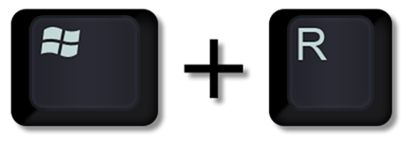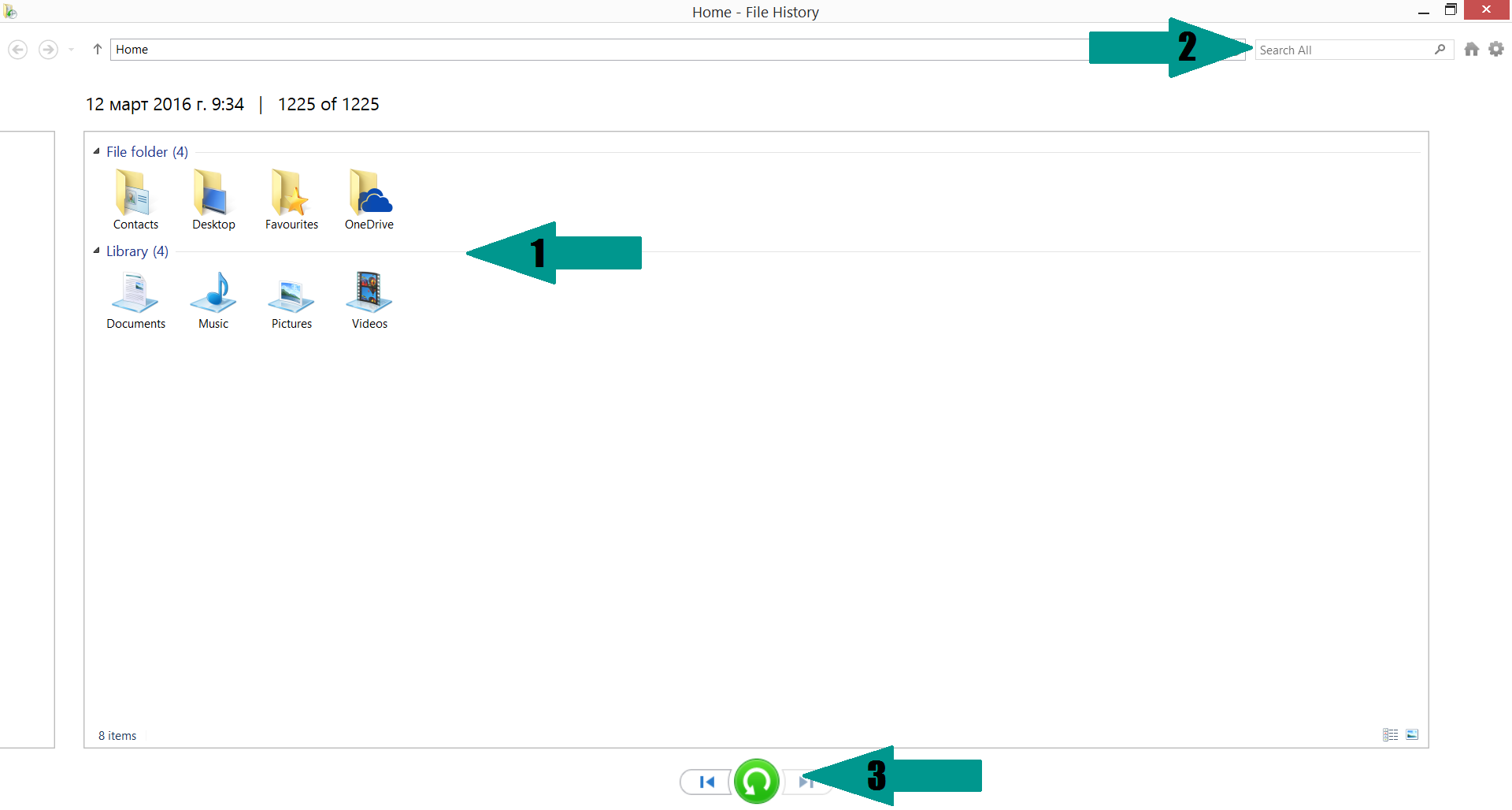Cerber ransomware has a new update and now infected victims are supposed to witness two files named _!!!_README_!!!_[random]_ that contain the ransom message. The files are of HTA and TXT types. There are evidences that Cerber payloads are being distributed via word documents with an exploit for CVE-2017-0199. In this article, you will find out more information about the latest Cerber ransomware variant, its new features and efficient ways of its complete removal.
Cerber Ransomware _!!!_README_!!!_[random]_ .txt / .hta
The Cerber ransomware was first discovered in February 2016, and until then cybercriminals behind the threat have constantly been evolving the malware. So at this point, the ransomware has several versions, and in January 2017 Cerber has been proclaimed to be the most prolific ransomware infection by Microsoft. The changes of the threat over time mainly have a bearing on the attack vectors and techniques utilized for its dissemination and the way it infects the system.
Cerber drops its payloads and creates new malicious files and objects in the following essential Windows folders:
- %TEMP%
- %USERPROFILE%
- %APPDATA%
- %LOCALAPPDATA%
The encryption behavior is the essential part of Cerber ransomware infection. Cerber is a data locker virus that basically aims to detect particular file types and then modify these ones using AES-265 and RSA encryption algorithms. It is likely that the ransomware targets around 493 different extension types mainly data files, media files, and documents. The following file extensions are supposed to be modified during the encryption stage:
.png .psd .pspimage .tga .thm .tif .tiff .yuv .ai .eps .ps .svg .indd .pct .pdf .xlr .xls .xlsx .accdb .db .dbf .mdb .ini .prf encoded files .hqx .mim .uue .7z .pdb .sql .apk .app .bat .cgi .com .exe .gadget .jar .pif .wsf .dem .gam .nes .rom .sav .cad files .dwg .dxf gis files .gpx .kml .kmz .m3u .m4a .mid .mp3 .mpa .wav .wma video files .3g2 .3gp .asf .avi .flv .m4v .mov .mp4 .mpg .asp .aspx .cer .cfm .csr .css .htm .html .js .jsp .php .rss .xhtml. doc .docx .log .msg .odt .pages .rtf .tex .txt .wpd .wps .csv .dat .ged .key .keychain .pps .ppt .pptx .cbr .deb .gz .pkg .rar .rpm .sitx .tar.gz .zip .zipx .bin .cue .dmg .iso .mdf .toast .vcd sdf .tar .tax2014 .tax2015 .vcf .xml audio files .aif .iff .rm .srt .swf .vob .wmv 3d .3dm .3ds .max .obj r.bmp .dds .gif .jpg ..crx .plugin .fnt .fon .otf .ttf .cab .cpl .cur .deskthemepack .dll .dmp .drv .icns .ico .lnk .sys .cfg
Once a file is encrypted it receives a four random symbols extension and is no longer in working condition. After the encryption is done, the ransomware drops two additional files supposedly on the desktop and all folders that have encrypted files in them. The files aim to notify victims what has happened to their data and how to transfer the ransom payment for the decryptor to criminals. Actually, names of the Cerber ransom note are among the main changed features of this ransomware variant and the files are called:
- _!!!_README_!!!_[random]_ .txt
- _!!!_README_!!!_[random]_.hta
In addition Cerber ransomware deletes the victim’s Shadow Volume Copies using the command:
Vssadmin.exe delete shadows /all /quiet
All malicious files created by Cerber during the infection process allow the ransomware to perform various activities like establishing connection with a predefined command and control server, transferring collected information about the system and modifying Windows registries. The following registry keys are plagued by the threat to ensure its automatic execution at each time the Windows start:
- HKCU\Software\Microsoft\Windows\CurrentVersion\Run
- HKCU\Software\Microsoft\Windows\CurrentVersion\RunOnce
Summary of Cerber Ransomware _!!!_README_!!!_[random]_.hta
| Name |
Cerber Ransomware |
| File Extension |
Four random symbols |
| Ransom |
Varies |
| Easy Solution |
You can skip all steps and remove Cerber ransomware with the help of an anti-malware tool. |
| Manual Solution |
Cerber ransomware can be removed manually, though it can be very hard for most home users. See the detailed tutorial below. |
| Distribution |
Spam emails, malicious URLs, malicious attacments, exploit kits, freeware. |
Cerber Removal
STEP I: Start the PC in Safe Mode with Network
This will isolate all files and objects created by the ransomware so they will be removed efficiently.
-
1) Hit WIN Key + R

- 2) A Run window will appear. In it, write “msconfig” and then press Enter
3) A Configuration box shall appear. In it Choose the tab named “Boot”
4) Mark “Safe Boot” option and then go to “Network” under it to tick it too
5) Apply -> OK
Or check our video guide – “How to start PC in Safe Mode with Networking”
STEP II: Show Hidden Files
-
1) Open My Computer/This PC
2) Windows 7
-
– Click on “Organize” button
– Select “Folder and search options”
– Select the “View” tab
– Go under “Hidden files and folders” and mark “Show hidden files and folders” option
3) Windows 8/ 10
-
– Open “View” tab
– Mark “Hidden items” option

4) Click “Apply” and then “OK” button
STEP III: Enter Windows Task Manager and Stop Malicious Processes
-
1) Hit the following key combination: CTRL+SHIFT+ESC
2) Get over to “Processes”
3) When you find suspicious process right click on it and select “Open File Location”
4) Go back to Task Manager and end the malicious process. Right click on it again and choose “End Process”
5) Next you should go folder where the malicious file is located and delete it
STEP IV: Remove Completely Cerber Ransomware Using SpyHunter Anti-Malware Tool
SpyHunter anti-malware tool will diagnose all current threats on the computer. By purchasing the full version, you will be able to remove all malware threats instantly. Additional information about SpyHunter / Help to uninstall SpyHunter
STEP V: Repair Windows Registry
-
1) Again type simultaneously the Windows Button + R key combination
2) In the box, write “regedit”(without the inverted commas) and hit Enter
3) Type the CTRL+F and then write the malicious name in the search type field to locate the malicious executable
4) In case you have discovered registry keys and values related to the name, you should delete them, but be careful not to delete legitimate keys
Further help for Windows Registry repair
STEP VI: Recover Encrypted Files
- 1) Use present backups
- 2) Use professional data recovery software
-
– Stellar Phoenix Data Recovery – a specialist tool that can restore partitions, data, documents, photos, and 300 more file types lost during various types of incidents and corruption.
- 3) Using System Restore Point
-
– Hit WIN Key
– Select “Open System Restore” and follow the steps

- 4) Restore your personal files using File History
-
– Hit WIN Key
– Type “restore your files” in the search box
– Select “Restore your files with File History”
– Choose a folder or type the name of the file in the search bar

- – Hit the “Restore” button
STEP VII: Preventive Security Measures
-
1) Enable and properly configure your Firewall.
2) Install and maintain reliable anti-malware software.
3) Secure your web browser.
4) Check regularly for available software updates and apply them.
5) Disable macros in Office documents.
6) Use strong passwords.
7) Don’t open attachments or click on links unless you’re certain they’re safe.
8) Backup regularly your data.
SpyHunter anti-malware tool will diagnose all current threats on the computer. By purchasing the full version, you will be able to remove all malware threats instantly. Additional information about SpyHunter / Help to uninstall SpyHunter



